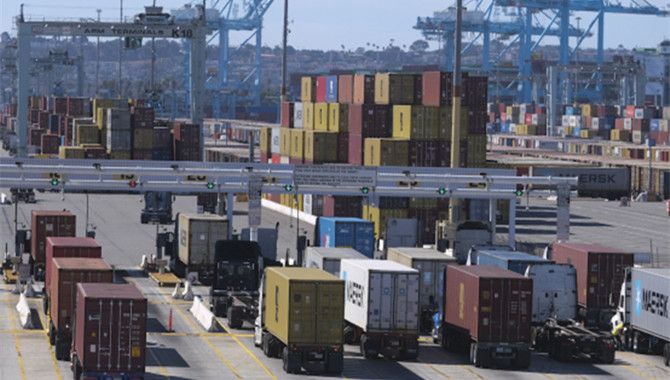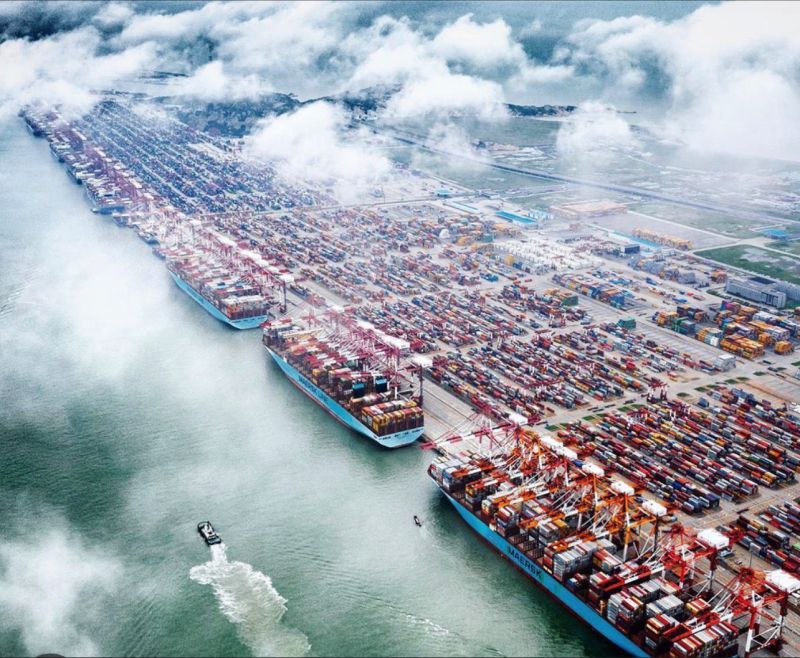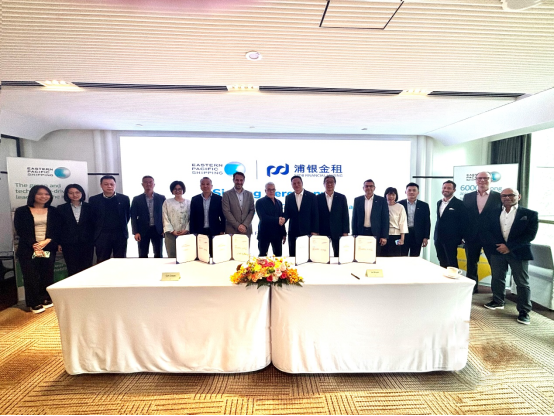
A group of about 100 truck drivers at the ports of Los Angeles and Long Beach have stopped work in protest of a contentious piece of legislation that reclassifies many independent drivers as employees.
A spokesperson for the Port of Los Angeles confirmed to Sourcing Journal Wednesday morning the work stoppage is not disrupting terminal activity.
“Los Angeles Port Police will assist in making sure all parties are able to express their First Amendment rights while also making sure the port continues to operate safely and commerce continues to flow,” the spokesperson said.
The Port of Long Beach also confirmed Wednesday access to its terminals and roadways remained open.
“Our Harbor Patrol is working to ensure the safety and First Amendment rights of all concerned,” the Port of Long Beach said in a statement. “We are aware of the issues surrounding the requirements of [Assembly Bill 5], and we are working with our drayage partners and other stakeholders to ensure that goods can be delivered safely and quickly through the supply chain.”
Drivers in Oakland are reportedly planning their own protest against Assembly Bill 5 (AB5) for Monday.
AB5 was signed into law in September 2019 and codifies a court decision in a case involving courier service Dynamex Operations West that retools a three-part test used to determine whether a worker is an independent contractor.
The legislation, which was driven by the rise in ridesharing and other gig workers, was largely supported by labor groups that said the law would protect workers who are misclassified as independent contractors and therefore miss out on protections such as minimum wage and overtime. Some independent contractors, however, pushed back against the legislation in favor of remaining their own bosses.
Within the trucking industry, the legislation impacts more than 70,000 independent drivers.
The California Trucking Association (CTA) filed a lawsuit in November 2019 that sought to shelter owner-operator drivers from AB5, accusing the legislation of employing a “one-size-fits-all method” for classifying workers that is made up of “highly restrictive criteria, riddled with carve-outs and exemptions for specific businesses and industries.”
A state appellate court decision sheltered truckers from AB5 on grounds it conflicted with protections under the Federal Aviation Administration Authorization Act. That was then overturned by a 9th Circuit of Appeals decision. The CTA then attempted to have the Supreme Court hear the case, but it was kicked back to the Court of Appeals in late June, clearing the path for AB5 to be applied to truckers.
The legislation’s impact on the trucking industry, which some say may not be immediately known, also comes as drivers face stringent environmental regulations as part of broader goals in California to reduce the state’s greenhouse gas emissions.
“We have no shortage of challenges in front of us,” Harbor Trucking Association ceo Matt Schrap said Tuesday during CityAge’s Decarbonize L.A. event Tuesday in speaking to the different zero-emissions milestones and fees facing truckers.
California is aggressively pursuing a path to greenhouse gas emissions reduction with an end goal of achieving carbon neutrality by 2045.
On the transportation side, Gov. Gavin Newsom in 2020 signed off on a plan that calls for all new passenger vehicle sales to be zero emission by 2035. In the case of heavy-duty vehicles, manufacturers would have to begin a move away from diesel-powered trucks and vans to electric zero-emission beginning in 2024.
The opinions expressed herein are the author's and not necessarily those of The Xinde Marine News.
Please Contact Us at:
media@xindemarine.com


 China’s First Bulk Bunkering of Domestic Green Me
China’s First Bulk Bunkering of Domestic Green Me  Rotterdam and Singapore Strengthen Collaboration on
Rotterdam and Singapore Strengthen Collaboration on  MPA and CMA CGM Sign MoU to Enhance Sustainable Shi
MPA and CMA CGM Sign MoU to Enhance Sustainable Shi  China's Ports Surge Ahead: Major Container Terminal
China's Ports Surge Ahead: Major Container Terminal  Port of Hamburg: Growth in container throughput and
Port of Hamburg: Growth in container throughput and  EPS and SPDB Financial Leasing sign financing agree
EPS and SPDB Financial Leasing sign financing agree